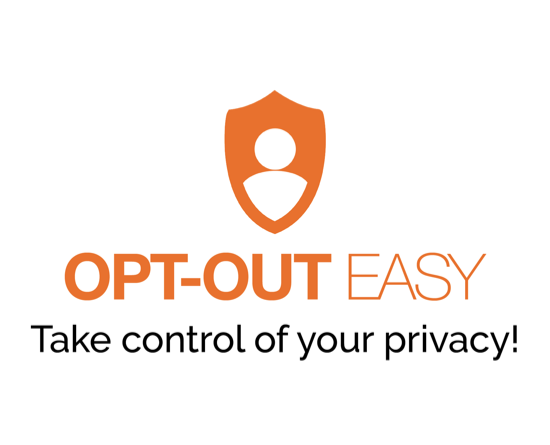New Study, Browser Extension Help Users Understand Opt-Out Options
Daniel TkacikWednesday, January 13, 2021Print this page.

Many websites offer users choices to opt out of some of their data collection and use practices. But most of these choices are buried deep in the text of long, jargon-filled privacy policies and users never see them.
Recent work from Carnegie Mellon University CyLab researchers has shown that machine learning techniques can automatically extract and classify some of these opt-out choices. The study, presented at last year's Web Conference, also introduces Opt-Out Easy, a browser plug-in that automatically extracts opt-out choices from privacy policies and presents them to users in a way that's easy to use. The plug-in is available for free download.
"Different privacy regulations grant users the right to revoke how their data can be used by companies," said CyLab's Norman Sadeh, a professor in the School of Computer Science and the principal investigator on the study. "But as it stands, most websites don't offer users easy and practical access to these choices, effectively depriving them of these rights."
In their study, Sadeh's team trained a machine learning algorithm to scan privacy policies and identify language and links related to opt-out choices. They ran their algorithm on 7,000 of the most popular websites and found that more than 3,600 of them (~51%) offer zero opt-out choices. A little over 800 (~11%) provide just one opt-out hyperlink.
"Our study aimed to provide an in-depth overview of whether popular websites allowed users the ability to opt out of some data collection and use practices," Sadeh said. "In addition, we also wanted to develop a practical solution to help users access opt-out choices made available to them when such choices are present."
The team developed Opt-Out Easy in collaboration with the University of Michigan School of Information. By clicking on the plugin's icon, users receive a list of opt-out links found in the privacy policy of the website they are visiting, allowing them to opt out of analytics, for example, or limit marketing emails.
The researchers also conducted a usability evaluation of Opt-Out Easy, focusing on its effectiveness, efficiency and overall user satisfaction. The users who participated in the evaluation generally found the browser extension easy to use, and strongly agreed that the various types of opt-outs provided by the plugin were useful.
"Our team put in hard work to come up with a browser extension that makes the most of opt-out choices available on a given website," Sadeh said. "We believe this extension is an important first step toward empowering web users to regain control of their privacy online."
This work was conducted through a collaboration between CMU, the University of Michigan, Penn State University and Stanford University under the Usable Privacy Policy Project. Other members of the team include graduate students Vinayshekhar Bannihatti Kumar, Roger Iyengar, Namita Nisal, Hana Habib, Peter Story, Siddhant Arora, post-doctoral fellow Yuanyuan Feng, former undergraduate student Sushain Cherivirala, and faculty collaborators Margaret Hagan, Lorrie Faith Cranor, Shomir Wilson, and Florian Schaub.
Byron Spice | 412-268-9068 | bspice@cs.cmu.edu
